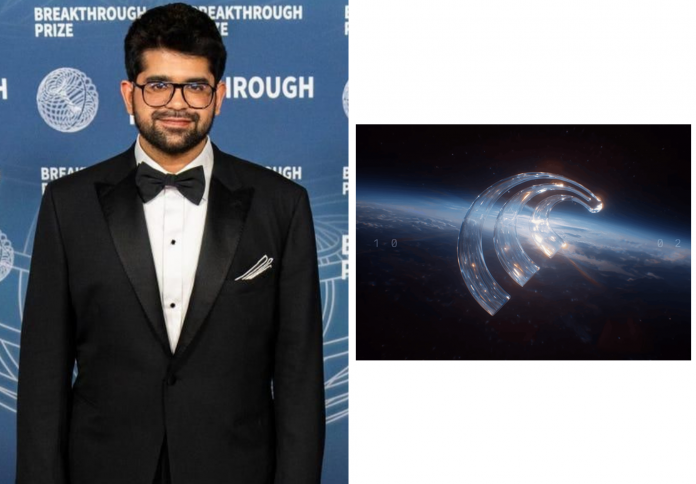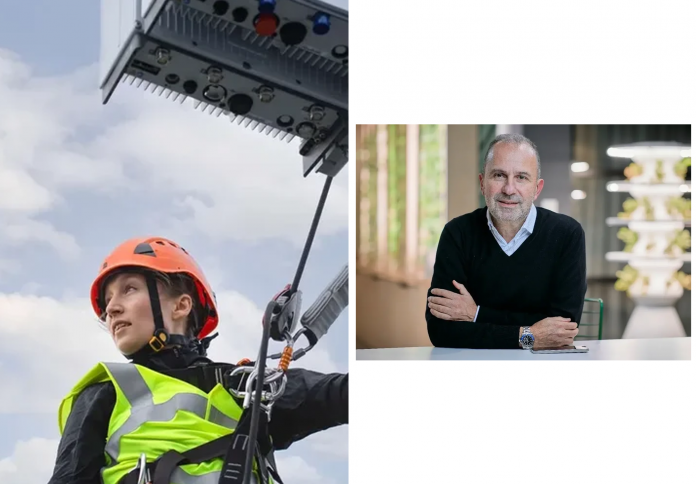The cybersecurity landscape is in the throes of an unprecedented transformation, fueled by the dual-edged sword of Artificial Intelligence (AI). While AI and machine learning offer powerful tools for threat detection and rapid response, they are equally accessible to malicious actors, giving rise to more sophisticated, evasive, and automated cyberattacks. This technological arms race has illuminated a crucial paradox: despite the promise of machine-driven security, human expertise remains the most indispensable component in the fight against evolving cyber threats. The critical shortage of skilled security professionals only amplifies this need, as human intuition, contextual understanding, and critical thinking are the only defense capable of consistently adapting to novel attack patterns that AI-powered defenses often fail to recognize.
The Cybersecurity Paradox: AI Versus the Talent Gap
The industry is currently grappling with a severe cyber talent drought, with millions of cybersecurity jobs estimated to remain unfilled globally. This shortage has led many organizations to look towards AI and automation as potential “saviors” to plug the widening skills gap. AI and ML excel at processing massive volumes of data at speeds unmatched by human operators, enabling real-time anomaly detection and rapid response to known patterns of malicious activity.
However, relying solely on automation presents a critical vulnerability. AI is fundamentally limited by its training data; it struggles when confronted with obfuscated malware, defense evasion techniques, and entirely new attack vectors—the very threats that AI allows attackers to generate. Threat actors are adept at designing attacks that sneak past automation-reliant defenses. This reliance on AI creates a security paradox: the technology that promises to solve the labor shortage also enables the creation of threats that only human intelligence can effectively counter, reinforcing the indispensable value of skilled human experts.
The Unique Value of Human Intuition and Context
While AI is superior at pattern recognition and data processing, it completely falls short in the realms of intuition, critical thinking, and contextual understanding. These human traits are essential in combating advanced cyberattacks, particularly those powered by AI. Cybersecurity professionals bring several unique capabilities that a machine cannot replicate:
- Adaptive Strategy: Humans possess the ability to recognize nuances, infer attacker intent, and develop effective, proactive defensive strategies in response to unforeseen attacks.
- Novel Threat Identification: Sophisticated attacks often involve novel combinations of techniques designed to evade standard AI models. A human analyst is required to identify these new attack patterns, understand the why behind them, and adjust defenses accordingly.
- Incident Response: When an attack is successfully deployed, human critical thinking and decision-making skills are essential for navigating the ambiguity of a complex incident, mitigating its effects, and developing a tailored long-term safeguard.
The Evolution of AI-Powered Attacks
The same AI capabilities used for defense are increasingly weaponized by malicious actors, leading to an accelerating cyber arms race. These emerging AI-powered attack vectors are often more difficult to detect and prevent than traditional, manually processed attacks. Key risks include:
- Automated Malicious Campaigns: AI can generate and execute vast, continuous, and highly targeted phishing campaigns, dramatically lowering the cost and effort for attackers.
- Adversarial AI: Attackers can train AI models to manipulate the input data of defensive AI systems (like malware classifiers), causing the defensive system to incorrectly classify malicious code as benign, thereby evading detection.
- Deepfake Social Engineering: The creation of hyper-realistic deepfakes—audio and video content generated by AI—can be used to create highly convincing social engineering and identity theft scams, exploiting human trust and bypassing standard security protocols.
A Collaborative Defense: The Augmented Human
The debate over “Humans vs. AI” is largely a false dichotomy. The most effective approach to modern cybersecurity is a collaborative defense model where AI augments human capabilities, rather than replacing them. AI should handle the mundane, high-volume tasks—such as baseline monitoring, filtering out known threats, and automating initial incident response—freeing up scarce human talent.
By offloading data analysis and triage, AI allows human experts to focus their critical thinking and deep expertise on the most complex, evasive, and novel threats. The future of cybersecurity relies on this partnership: resilient systems will be built on high-performing AI and ML to maintain vigilance, but they will be governed and innovated upon by skilled human security professionals. This unified front, combining machine speed with human insight, is the essential path to maintaining resilience against a globally connected and technologically advanced adversary.










